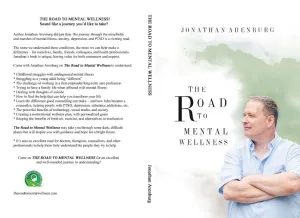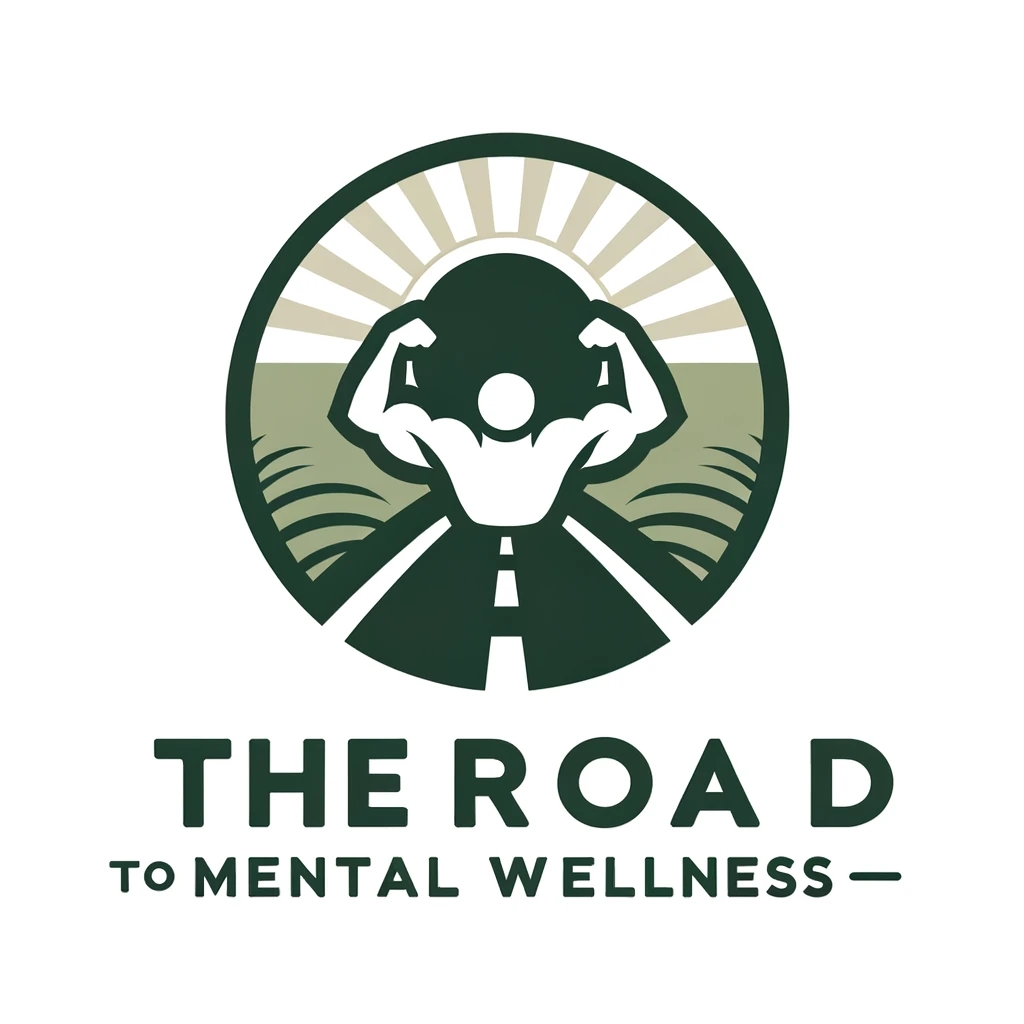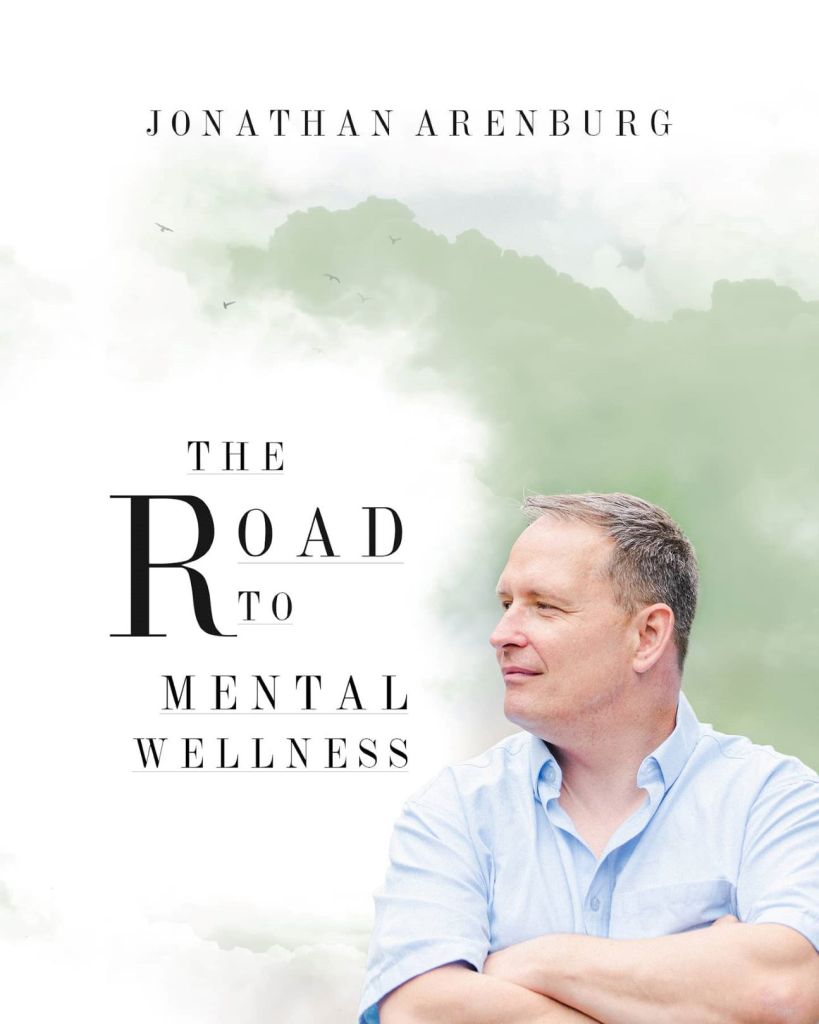How mental health affects physical health – Humans are complex. So complex that our mental health can make us physically sick. Here’s how
Follow us
As humans, we are complex beings with intricate systems that affect our overall well-being. Mental and physical health are two such systems that are interconnected and impact each other in various ways. It’s no secret that mental health affects physical health, and this relationship is gaining more recognition in recent years.
Mental health is a crucial aspect of our overall health and wellness. The way we think, feel, and behave is all connected to our mental health. When we experience mental health problems like anxiety, depression, or stress, it can lead to physical symptoms such as headaches, fatigue, and even heart problems.
One of the ways mental health affects physical health is through the immune system. Stress and anxiety can weaken the immune system, making it harder for the body to fight off infections and illnesses. Chronic stress can also cause inflammation, which can contribute to a host of health problems such as diabetes, heart disease, and autoimmune disorders.
How stress and anxiety affect the immune system
Another way mental health affects physical health is through our lifestyle habits. When we are experiencing mental health problems, we may turn to unhealthy coping mechanisms such as overeating, smoking, or drinking excessively. These habits can lead to physical health problems such as obesity, heart disease, and liver problems.
Furthermore, mental health problems can also impact our sleep patterns. Sleep is essential for our physical and mental health, and when we don’t get enough of it, it can lead to a host of health problems such as obesity, diabetes, and heart disease. Mental health problems such as anxiety and depression can interfere with our sleep patterns, making it harder to fall asleep or stay asleep.
On the other hand, good mental health can have a positive impact on physical health. When we prioritize our mental health by practicing self-care, seeking therapy, or engaging in stress-reducing activities, we can improve our overall health and well-being. Good mental health can also lead to better lifestyle habits such as eating a healthy diet, getting regular exercise, and getting enough sleep.
Mental health affects physical health in a myriad of ways, and it’s crucial to understand these connections to prioritize our overall well-being. As humans, we often neglect our mental health, not realizing the profound impact it has on our physical health.
One of the most significant ways mental health affects physical health is through chronic stress. Stress is a part of life, but when it becomes chronic, it can have a devastating impact on our physical health. Chronic stress can lead to high blood pressure, heart disease, and even stroke. It can also contribute to mental health problems like anxiety and depression.
Need help? Go to Our Mental Health Resources Centre
Another way mental health affects physical health is through our digestive system. When we experience stress, it can impact our digestive system, leading to problems such as irritable bowel syndrome (IBS), acid reflux, and ulcers. These digestive problems can then lead to physical symptoms such as abdominal pain, bloating, and nausea.
Moreover, mental health problems such as depression can impact our energy levels, leading to physical symptoms such as fatigue and lethargy. Depression can also lead to changes in appetite and weight gain or loss, which can contribute to other physical health problems such as diabetes and heart disease.
The gut/brain connection
Furthermore, mental health problems can impact our immune system, making us more susceptible to infections and illnesses. Chronic stress and anxiety can weaken the immune system, making it harder for our bodies to fight off infections and illnesses.
It’s also essential to note that mental health problems can impact our relationships with others, leading to social isolation and loneliness. Social isolation and loneliness can then contribute to physical health problems such as high blood pressure and heart disease.
On the other hand, taking care of our mental health can lead to positive physical health outcomes. For example, practicing mindfulness meditation can reduce stress and lower blood pressure. Engaging in regular exercise can boost mood and reduce the risk of chronic diseases such as heart disease and diabetes.
My experience with PTSD
Before I understood that my mind was being hijacked by post-traumatic stress disorder (PTSD), I was experiencing extremity pain. Basically, I would have random pain shooting through my arms, legs and even my feet. “What’s going on with me?” I thought as these episodes were so painful that at times, I would be brought to my knees. Yet despite this pain, no doctor could tell me why, “Your bloodwork is fine Mr. Arenburg.” I wish I had a dime for every time I heard that.
However, as my life started to unravel over the course of years, I noticed a few things. Mainly, that after I had a bout of this discomfort, I would be exhausted. In fact, the feeling of pain was so pervasive, that it wasn’t difficult for me to connect the dots.
Secondly, I came to notice that I was so weak at times I could hardly move around. This mystery fatigue, extreme discomfort and weakness had me rightfully concerned. I literally thought I was dying.
Lucky for me though, I had learned a lot about the effects of mental health disorders and their impacts. Thank you, addictions counselling background. Additionally, I had been diagnosed with an anxiety disorder in my thirties. Remembering this is what made me have an aha moment.
Watch Jonathan speak at the Stop Depression Summit
Since I can’t find a physiological reason for my out of nowhere physiological pain, I reasoned, maybe it’s my mental health? “What if I have more than one diagnosable mental illness?” At the time I was a firefighter and knew that I could have PTSD. I mean, it was not out of the realm of possibility.
Anyway, I am sad to say that the prospect of my being post-traumatic, cloaked me in a thick armour of denial. So, it would be years and one foot out the door of my workplace before I surrendered to the possibility. Sadly, I had to nearly destroy myself before I would sit across from a therapist to discuss the nightmares, hypervigilance and yes, the pain.
While I may have waited too long for a diagnoses and treatment, we found that I was indeed suffering from PTSD. Not exactly what I had hoped for. But there is a spot of good news. I had found out what was causing my physical pain and ever-increasing brain fog. It was, or as near as we could tell, the trauma.
As it turns out, PTSD doesn’t only wreak havoc on the brain, it also assaults the body. PTSD and its effects on the body.
Finally, I had a jumping off point I could work with to try and combat the chronic fatigue-like symptoms. While not simple in terms of execution, they were, however, easy solutions.
Fighting PTSD and Physical Pain
If you’re experiencing physical pain as a result of your PTSD, know that you’re not alone, and there are steps you can take to minimise your discomfort. Here are some tips to help minimise the physical pain of PTSD:
1. Practice relaxation techniques: Relaxation techniques such as deep breathing, meditation, and progressive muscle relaxation can help reduce physical tension and pain. They can also help to calm your mind, reduce stress, and improve sleep quality.
2. Engage in physical activity: Exercise has been shown to be effective in reducing physical pain and improving mental health. It can also help to regulate your mood and reduce stress levels. However, it’s important to talk to your healthcare provider before starting any new exercise routine.
3. Seek professional help: A mental health professional can provide support and treatment for PTSD, including help with managing physical pain. They may recommend therapies such as cognitive-behavioural therapy (CBT), exposure therapy, or eye movement desensitisation and reprocessing (EMDR).
4. Try alternative therapies: Alternative therapies such as acupuncture, massage, and yoga can be helpful in reducing physical pain associated with PTSD. These therapies can help to relax muscles, reduce tension, and improve overall well-being.
5. Prioritize self-care: Taking care of yourself is crucial in managing the physical pain of PTSD. This can include getting enough rest, eating a healthy diet, and engaging in activities that bring you joy and relaxation.
It’s important to remember that managing the physical pain of PTSD is a process, and it may take time to find the right combination of strategies that work for you. Be patient and gentle with yourself as you navigate this journey.
Read about common mental health disorders
In conclusion, physical pain is a common symptom of PTSD, but there are steps you can take to minimise your discomfort. By practising relaxation techniques, engaging in physical activity, seeking professional help, trying alternative therapies, and prioritizing self-care, you can manage your physical pain and improve your overall well-being.

I am happy to say that after trying many of these above-mentioned options, I live a life with significantly reduced physical pain. So, take control of your life and do whatever it takes to head down your road to mental wellness.
Follow us









Please leave a comment and tell us what you liked about what you read.